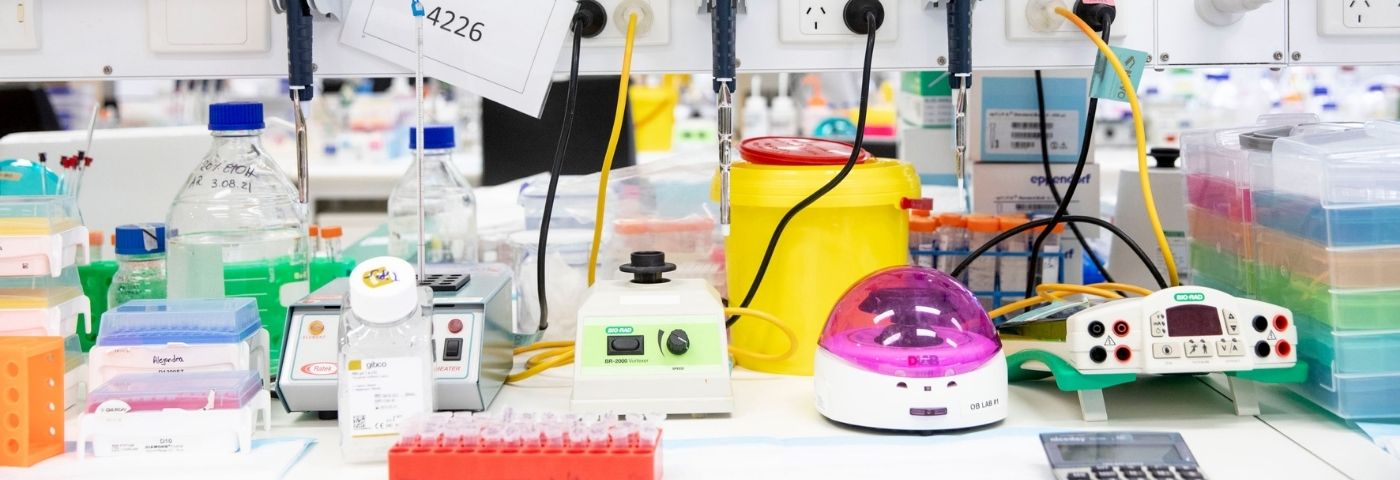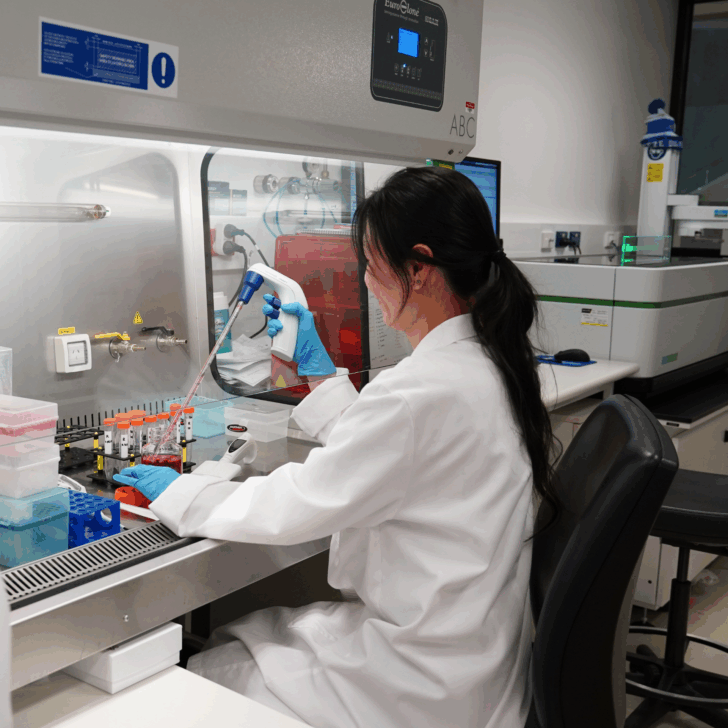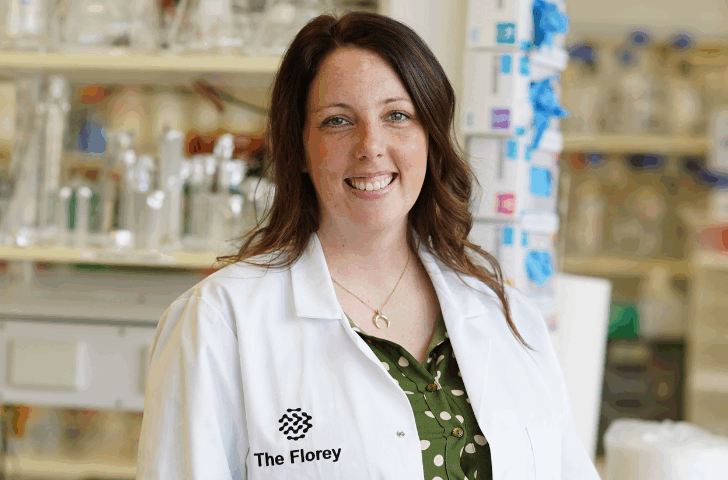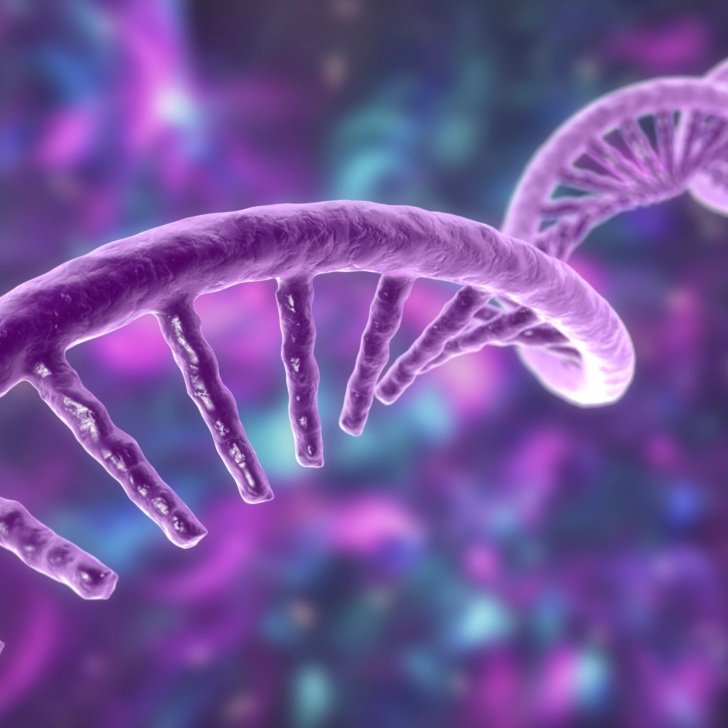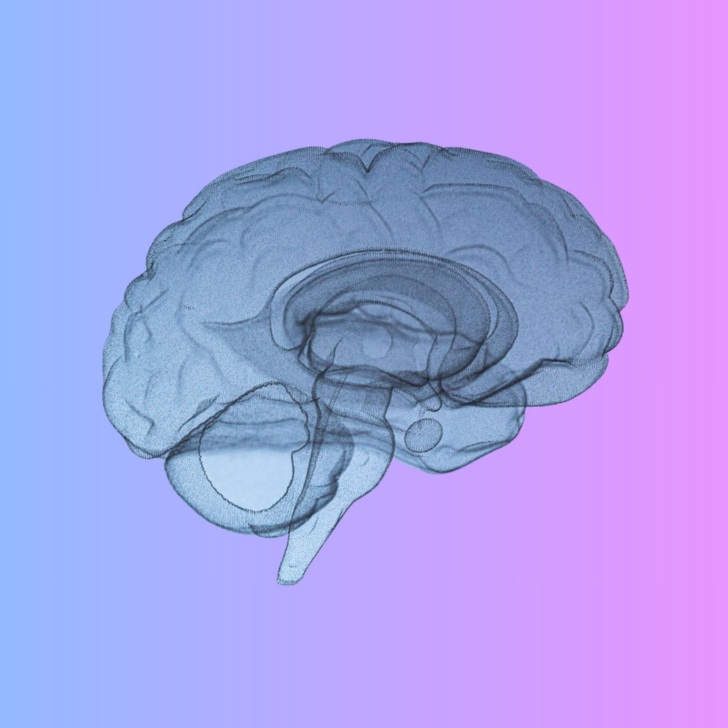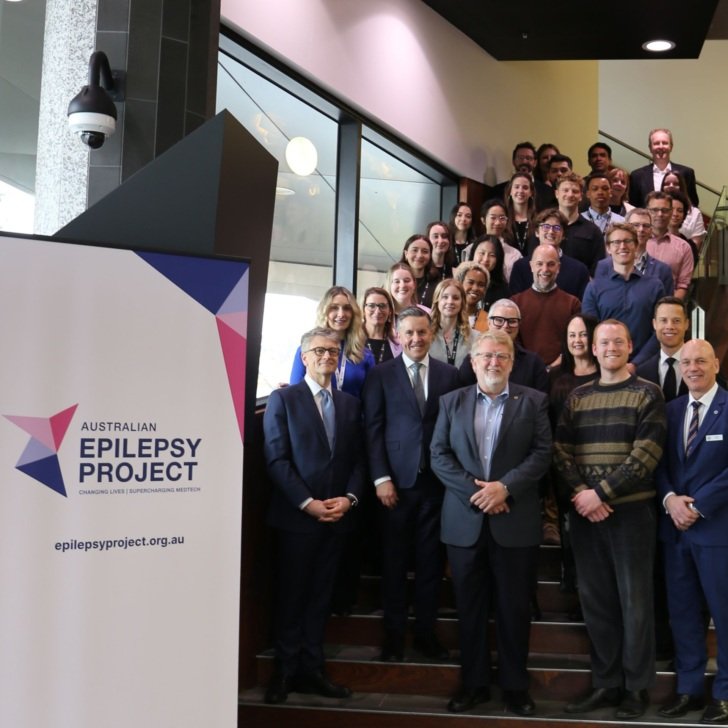- Current treatments for obsessive-compulsive disorder (OCD) require prolonged use, often have side effects and can leave some patients without adequate symptom relief.
- A Florey study in mice shows a single dose of psilocybin may help reduce compulsive behaviours.
- The compound’s effects indicate further research is needed into its potential to treat OCD and related conditions.
A single dose may reduce compulsive behaviours in mice
Research at The Florey suggests the psychedelic compound psilocybin has potential to treat obsessive-compulsive disorder (OCD) and related disorders.
The study – led by Florey PhD student James Gattuso and supervised by Dr Thibault Renoir and Professor Anthony Hannan – found a single injected dose of psilocybin may reduce compulsive behaviours in mice.
Mr Gattuso worked with mice that are recognised as ideal for studying compulsive behaviours due to their compulsive grooming behaviour.
The animals, called SAPAP3 knock-out (KO) mice, groomed themselves much less after a dose of psilocybin, suggesting a decrease in compulsive tendencies.
“We monitored how the KO mice responded to a single psilocybin dose compared to control mice,” Mr Gattuso said.
While psilocybin did not significantly alter anxiety-like behaviour, it effectively reduced compulsive grooming behaviour in male KO mice and, interestingly, led to a decrease in grooming in both groups of female mice.
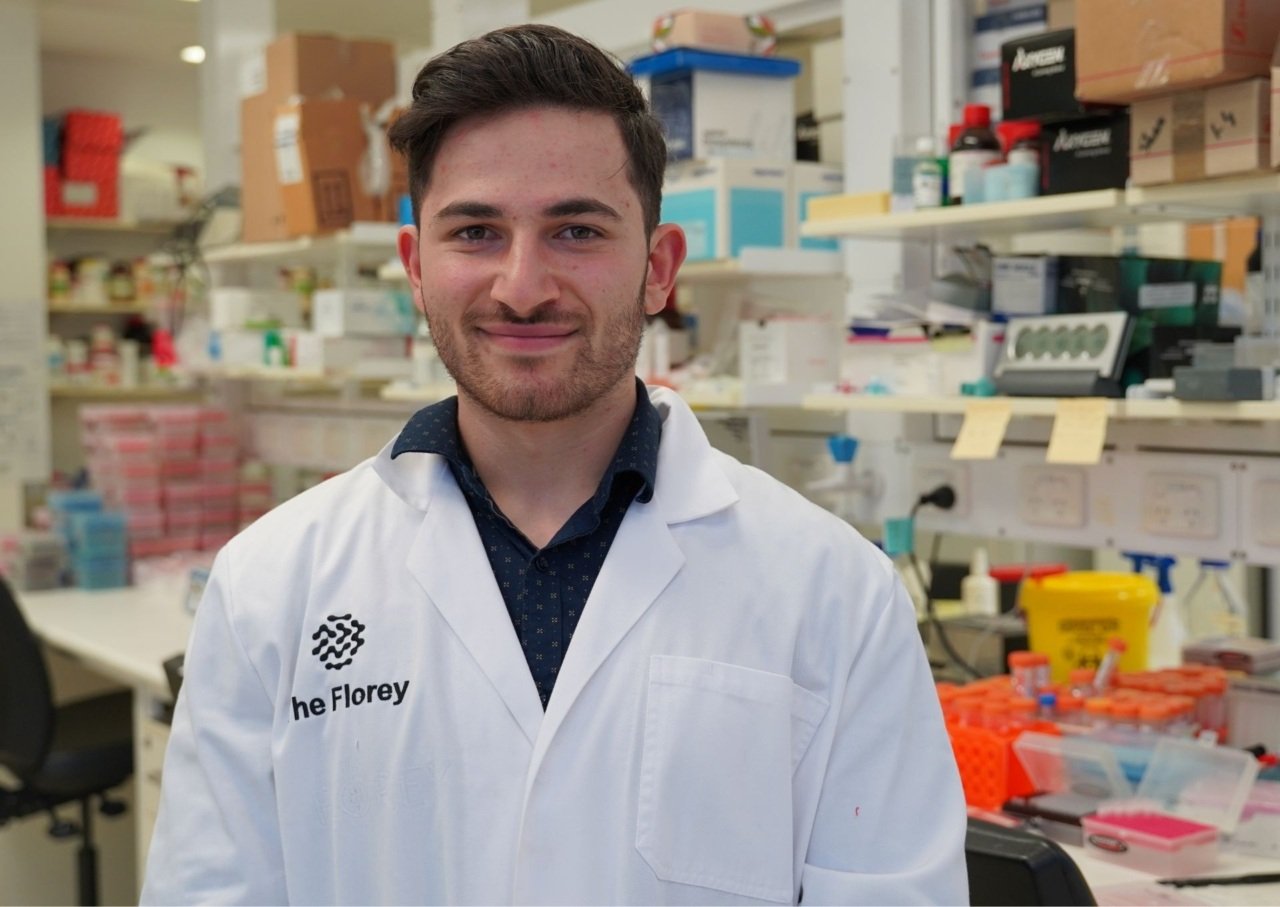
Researcher James GattusoIn their paper, published in the journal Neuropharmacology, the team describe how psilocybin also increased physical activity in control mice but not in KO mice.
“This indicates that KO mice have altered serotonin functionality compared to control mice. Serotonin receptors are involved in compulsive behaviours and so it possible that psilocybin corrected the altered serotonin functionality in KO mice. This theory needs to be tested in follow up molecular experiments,” Mr Gattuso said.
The paper’s lead author, Dr Thibault Renoir said both sets of mice appeared to experience the psilocybin’s hallucinogenic effects, responding with a head-twitch which is a recognized behavioural proxy of the hallucinogenic experience in humans.
“Our study highlights psilocybin’s potential as a treatment option for compulsive disorders. Current treatments, such as selective serotonin reuptake inhibitors (SSRIs), require prolonged use, often have side effects, and leave some patients without adequate symptom relief,” Dr Renoir said.
Psilocybin’s rapid and enduring effects, which lasted up to a week following the psilocybin injection, make it an exciting candidate for further research and potential therapeutic applications in OCD and related conditions.
OCD affects an estimated 3.1 per cent of adults in Australia every year.
